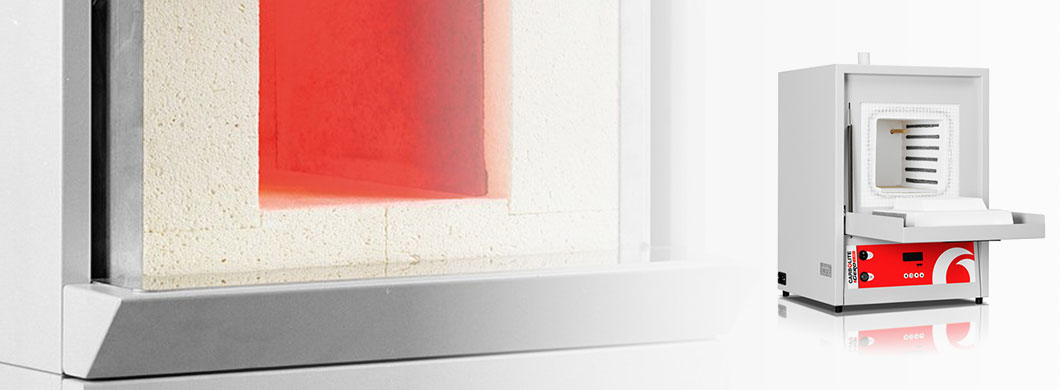The Importance of Material Testing Ovens
May 03, 2019
In many laboratories, the material testing oven is the heart of the operation. But not all ovens can be used for the same applications, and not all labs can accommodate all ovens. Here, you can learn more about the different uses of industrial ovens and the oven types that are best suited for each job. You’re sure to gain a whole new appreciation of how important industrial ovens are in the day-to-day operations of your materials testing lab!
Annealing
In the annealing process, materials are heated and then slowly cooled in order to change their physical attributes, like increasing the ductility or softness of glass and metal. High temperatures and precise temperature control are needed for this process, so forced convection ovens are generally the best choice.
Forced convection ovens can efficiently reach the high temperatures required for the annealing process. Many of the models offered by Certified Material Testing Products offer continuous temperature protection to ensure that no inadvertent adjustments are made while a sample is processing. They also maintain temperatures to an accuracy within ±1% of full range, giving you near perfect results every time.
Baking
Preparing samples via baking is one of the most important and basic functions an industrial oven can be used for. Baking doesn't always require high temperatures, so low temp ovens are often used for these sorts of applications. Certified Material Testing Products offers Quincy low-temperature ovens that provide all the ease and stability of standard industrial ovens. Quincy ovens are exceptionally reliable and competitively priced, making them a great choice for a lab on any budget.
If you only need to bake smaller samples, bake less frequently or simply lack the amount of space needed for a larger model, benchtop ovens are also an option. Our Lab Companion ovens are our favorites for their uniform temperature distribution, superb drying and baking performance and short heat-up times. They pack all the benefits of a standard material testing oven in a compact package.
Curing
There are several different types of curing that the right material testing oven can help with, two of the most common being die bond and polyamide curing. Die bond curing is a process in which a die is bonded with a substrate or package while polyamide curing is when a polyamide resin is used to bind samples together. The oven then heats the samples to the perfect temperature for the curing reaction to activate.
Certified Material Testing Products offers Despatch ovens, which are some of the finest in the industry. Despatch ovens are designed for applications like curing and provide unmatched performance while creating only a small energy footprint. They're ideal for a wide variety of heating and testing applications, but curing is where they really shine.
Drying
Removing all moisture from samples is a critical part of materials testing, whether it's a soil or concrete sample. A material testing oven dries raw samples by heating them for a set period of time and then allowing them to rest and soak in heat. The oven then cools the samples so the rest of the testing process can begin.
Grieve ovens, offered in a variety of sizes at Certified Material Testing Products, are ideal for drying large batches of samples. They're large quantity ovens that can effectively heat up 36 cu ft of samples. If your laboratory requires large quantity testing, a Grieve is the way to go.
View All the Industrial Ovens Certified MTP Has to Offer
Certified Material Testing Products carries one of the widest, highest-quality selections of industrial ovens online, so you're sure to find a model that fits your exact needs, spatial requirements and budget. Find your new material testing oven today or contact us to speak with our material testing experts.

